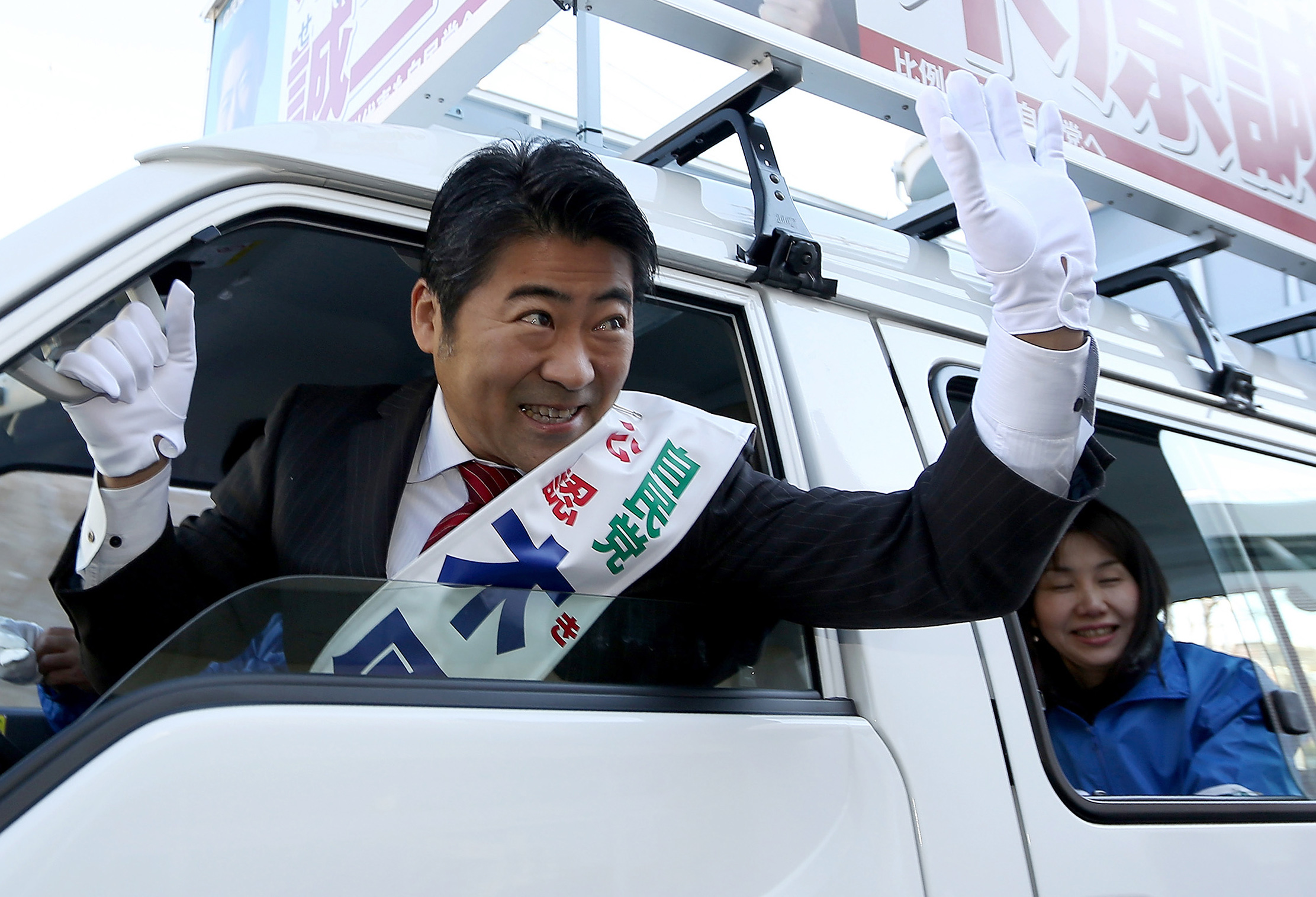It's no secret that running an election campaign costs a lot of money, which is why many countries regulate candidates' fundraising activities and subsequent use of those funds. In Japan, politicians have to pay a deposit to the relevant authorities just to register their candidacy. And while other countries do the same, Japan demands the highest deposits anywhere, at least for national assembly seats.
Candidates for constituent seats in today's House of Councilors election had to put down ¥3 million, while those running for proportional seats needed ¥6 million, since they are basically running a nationwide campaign. Those in South Korea, the second most expensive country in terms of candidate deposits, only pay the equivalent of ¥1.35 million. In the U.K., it's about ¥77,000. Americans don't have to pay anything.
Moreover, if the candidate does not achieve a minimum percentage of the poll — at least 10 percent in the case of the Upper House — he or she loses the deposit. The purpose of the deposit is to limit candidates to those who are supposedly serious about running, though, obviously, it favors the financially solvent and those backed by established political parties.




















With your current subscription plan you can comment on stories. However, before writing your first comment, please create a display name in the Profile section of your subscriber account page.